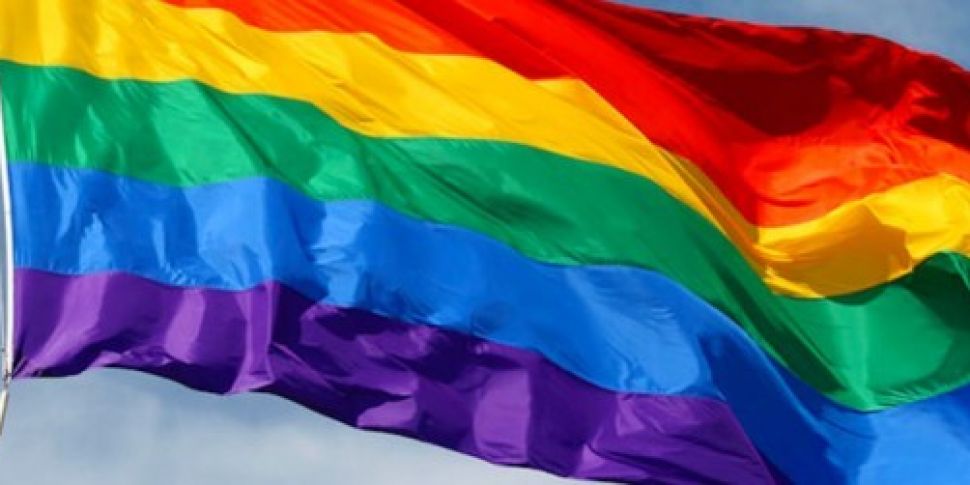The United Nations is calling for the protection of lesbian, gay, bisexual, transgender and intersex (LGBTI) people from discrimination and harm.
It comes as the world marks International Day against Homophobia.
UNESCO Director-General Irina Bokova said: "I am deeply concerned by the excessive trivialization of insults, sexist and homophobic remarks in the media, in everyday life, on social networks, even from political leaders".
She recalled the situation of homosexuals under the Nazi regime, interned in "re-education" camps, and killed.
It comes as reports from Chechnya says dozens of LGBT people have been rounded up, tortured and killed by government forces.
Three French gay rights groups have accused the regin of a policy of genocide towards gay people in a complaint filed at the International Criminal Court (ICC).
Russian President Vladimir Putin backed an inquiry into the reported crackdown earlier this month.
Amnesty International says over 100 men suspected of being gay are being abducted, tortured and even killed.
Organisers of International Day against Homophobia have teamed up with the International Family Equality Day, which is being celebrated on May 7th.
Families and parents of LGBT children have rallied around this motto to organise events in over 50 countries, including Ireland.
Several official buildings around the world - such as Vilnius City Hall in Lithuania and Melbourne City Bridge in Australia - are being lit in rainbow colours.
Victoria Bridge in Brisbane | Image via @may17IDAHOT on Twitter
Research by the International Labour Organisation (ILO) has found that workplace policies, often designed from a hetero-normative perspective, may fall short of addressing the issues and concerns of LGBTI workers.
For example, LGBTI workers may be excluded from leave and benefit entitlements, such as parental leave, because their families do not fit traditional norms.
ILO Director-General Guy Ryder said: "In keeping with the principles of the 2030 Agenda for Sustainable Development, no LGBTI worker should be left behind.
"Today let us stand in solidarity for the rights of LGBTI workers and their families".
Violence and stigma
Gender identity and sexual orientation can also have an impact on a migrant's journey, the International Organization for Migration (IOM) has warned.
"IOM has a zero tolerance policy for any type of homophobia, transphobia or biphobia and does not tolerate any abuses against migrants and host communities receiving assistance or protection from IOM," said its Director-General William Lacy Swing.
A group of UN and international human rights experts urged states and other stakeholders to protect trans and gender diverse children and adolescents from discrimination, exclusion, violence and stigma - and to foster supportive family environments for trans and gender diverse people.
"We urge states worldwide to adopt a legal and policy framework, with comprehensive implementation measures, to protect the rights of trans and gender diverse youth, respectful of gender diversity, and to enable the realization of their fullest potential," they said in a news release from the Office of the UN High Commissioner for Human Rights (OHCHR).
The Joint United Nations Programme on HIV/AIDS (UNAIDS) said that its vision of zero discrimination and ending AIDS by 2030 will only become a reality if the response to HIV reaches everyone, including LGBTI people.
"Many young gay and transgender people are rejected by their families, living on the streets, facing all types of discrimination and violence," said UNAIDS Executive Director Michel Sidibé.
"This is not the path to healthy and productive societies. We must encourage inclusion and compassion and ensure that networks of support are in place, including access to essential health and social services."










